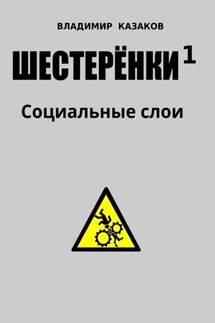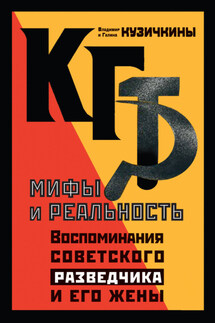День, когда рухнул мир - страница 3
„Yes, of course, we can’t take them into town,“ agreed Kabish promptly.
„And anyway, what are you hanging about for? We’re leaving today or tomorrow, you know, and you’re all standing about chattering idly.“ Grandfather suddenly became irritated again.
„Yes, you’re right on all accounts,“ said the old lady, Bokey, blushing and hastily leaving the yard.
Just then the loudspeaker, which was suspended from a pole in the middle of the village, suddenly came to life – a metallic woman’s voice announced:
„Comrades, please assemble in the square in thirty minutes for a meeting with the evacuation organizing committee.“
Soon the whole square was filled with the villagers. Amongst the anxious crowd were my grandfather and I.
On the platform among the military and the leaders of the district, I saw my father. He looked exhausted, his eyes were red with lack of sleep, but he spoke calmly and confidently. I will not attempt to reproduce the exact sense of his speech as I do not recall what was said by him or by the other speaker – a middle-aged officer with two large stars on his shoulders. He was the same lieutenant-colonel who had sent us home. That evening, father brought him and two other officers to our place. During dinner, from their brief remarks, I gathered that the inhabitants would be evacuated to the town of Ayaguz and those who so wished to Semipalatinsk, the regional centre. The old men had been given permission to go to the Genghiz Hills with the livestock. That is why had large military vehicles arrived at our village!
In the morning, the lieutenant-colonel said that we should only take with us what was absolutely necessary, to protect the windows with bales of straw and reassured the inhabitants that in a month’s time they would all safely return home.
„And now, each of you is entitled to an allowance of five hundred roubles for the family from the District Committee Accounts Office,“ he said finally.
Five hundred roubles even in old money was for many a large sum. People signed with dignity the register which the accountant, Talgat, had prepared. Averting their eyes they quickly made their way home.
Only the lonely bachelor, Duisekhan, who had a reputation, in the village for being not all there, flatly refused to accept the unexpected offer of money.
„Duisekhan does not accept hand-outs,“ he shouted in incomprehensible anger, before leaving the meeting.
On the one hand, this stand of his amused the villagers, on the other, they were astonished by it. After all, Duisekhan was as poor as a church mouse and survived on what He earned from digging and cleaning wells and helping with the haymaking.
No one would hire Him permanently. He returned from the war late, about 1947, half out of his wits. Otegen, the NKVD officer, took Duisekhan’s young, shapely wife to be his second wife. Although no one in the village knew on which front Duisekhan had fought, the rumour had it that he had been held prisoner for a long time either by the Germans or by our authorities.
With the coming of spring Duisekhan got excited. At night he would roam about the dark streets of the village, muttering words only comprehensible to himself, laughing for no reason and frightening the passers-by. If money came his way, he would buy cheap, small sugarplums and give away handfuls to the children. The children treated this huge, lonely man with respect and never teased him; each one of us was always ready to help him.



![Bo][ing Day истребить «колхозника»](/uploads/covers/fe/bo-ing-day-istrebit-kolhoznika.jpg)



